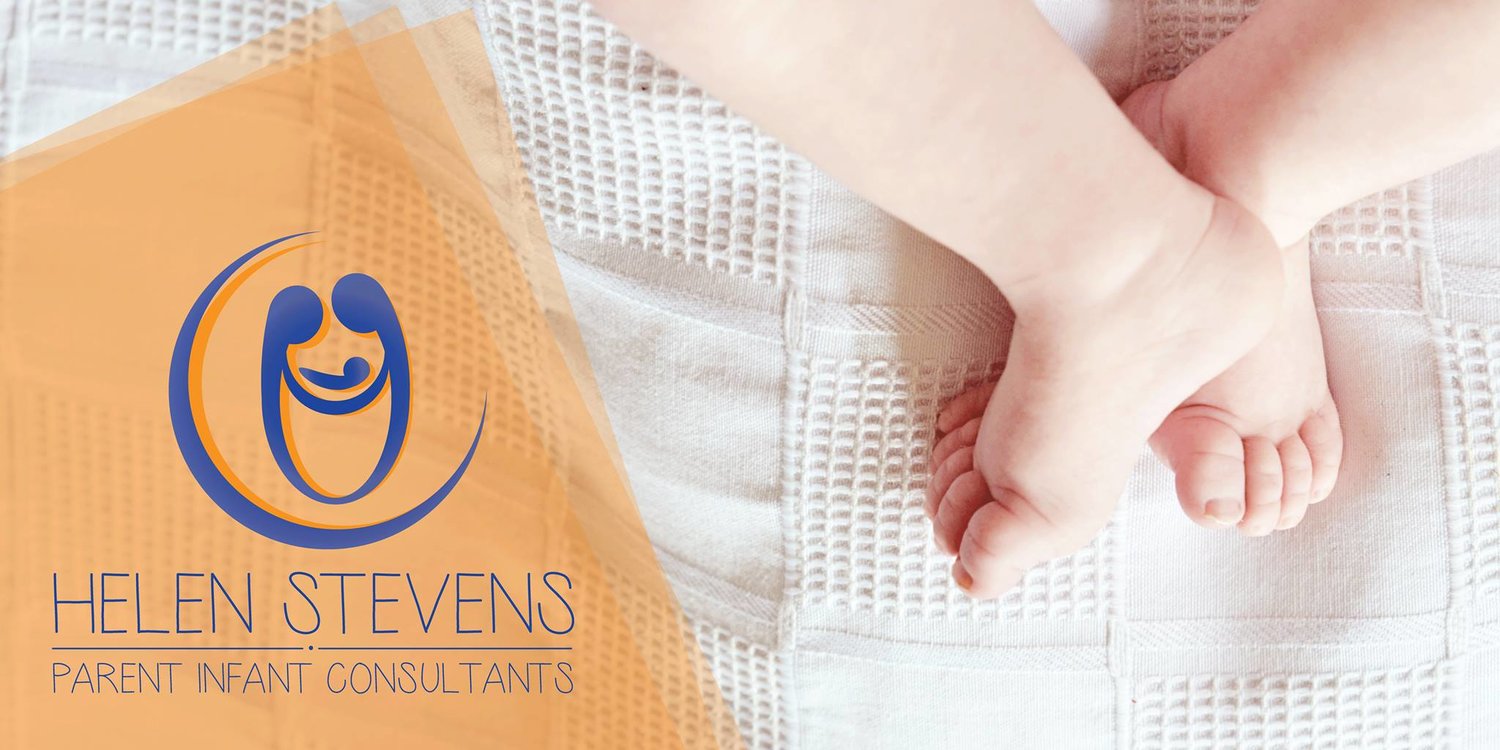Does your baby cry when they’re with anyone except you? Maybe your baby won’t let Dad or a close relative hold them?
Sometimes, some babies refuse to be held by anyone except their parents, and often only mum will do.
The trouble is, often your baby needs to be left in the care of others for all sorts of very valid reasons, such as work, other siblings or the glimmer of a social life. So what can you do? Let’s find out.
Out of sight, out of mind
In the first 6 to 7 months of life, many babies are totally fine when you leave them with someone else because once you’re out of sight they don’t keep looking for you or wonder where you could be.
As they learn about ‘object permanence’, they realise that you do still exist and that you’re not here right now. And that can cause much anxiety whenever they’re not near you (or on you!)
What is separation anxiety?
It’s hard to know what’s happening in their brains as babies develop - but at different times life can be really hard work, and their threshold for staying calm and relaxed is very low.
That means babies who were previously very social and content around others can go through periods of intense neediness - it's all part of their normal and natural development.
Separation from you can therefore be very distressing. It may seem illogical to us, and babies don’t understand it either. All they know is that without you, they become overwhelmed and seem to emotionally fall apart.
So what can you do to help your baby feel safe and happy with others?
Tips to help with separation anxiety
The following may help you and your baby through these times.
Allow for some adjustment time
Sit close to another adult with your baby on your knee. Gently move your baby towards the other person, but stay very close. Progressively move away a little but not too far as you move your baby onto the other person’s knee. Bring them back to you if they become distressed.
Repeat this often and in a way that doesn’t cause any distress. It allows them to see you from a distance and still feel okay so they learn to be less concerned.
Try to see it from your baby’s perspective
Offer a gentle, kind voice and acknowledge that it must be hard. The feeling you convey needs to be gentle and respectful of their experience rather than trying to brush it off or get angry. Although it can be very frustrating for you, your baby needs to feel supported.
A common response is to say “You’re ok” and hope they get over it, but this is not taking into account the very real struggle they’re going through.
Keep the separations as brief as possible at first
So as not to overwhelm them, make time apart from you brief, even starting with just a few minutes, and repeat this process often. This way, your baby repeatedly sees you come back and will start to feel confident that you’ll return each time.
Don’t sneak away
It’s best to say goodbye and let them see you leave. Distracting your baby with a toy or food and sneaking away may let them feel calm for a short time, but the moment of realisation that you’re gone can be very intense for them. Instead, make it clear and obvious, then return soon after for the first few times before a long separation.
Choose someone they know
When you do need your baby to be in the care of others, be sure they know them and are familiar with them. Your baby may still experience distress without you, but at least they are not trying to adjust to a total stranger at the same time.
Manage your own feelings when your baby is distressed
Try to remember that your baby is not doing this intentionally, nor are they doing it because there is something wrong with them. Rather they are at a developmental phase where separation from you presents as a huge challenge.
When you return
If your little one is distressed when you return, try not minimise their emotions or laugh it off. We often do this when trying to make sure others in the room don't feel uncomfortable, but smiles and laughter in this moment for your baby would be very confusing.
A warm cuddle and telling them “It gets easier” will be more calming than a big big smile when your babe is so distressed.
Find help
If you are struggling with feelings or feel your baby might not be responding in a developmentally appropriate manner, then make time to check in with your maternal, child and family health nurse or doctor for a chat.
We're also available for a chat. Helen's books also talk about the natural developmental stages that babies go through and what to expect as a parent. eBooks are available too.
Author: Helen Stevens. RN. RM. MCHN. BAppSc. MMHS. Manager of Clinical Services, Education and Research.
Parent Infant Consultants.

